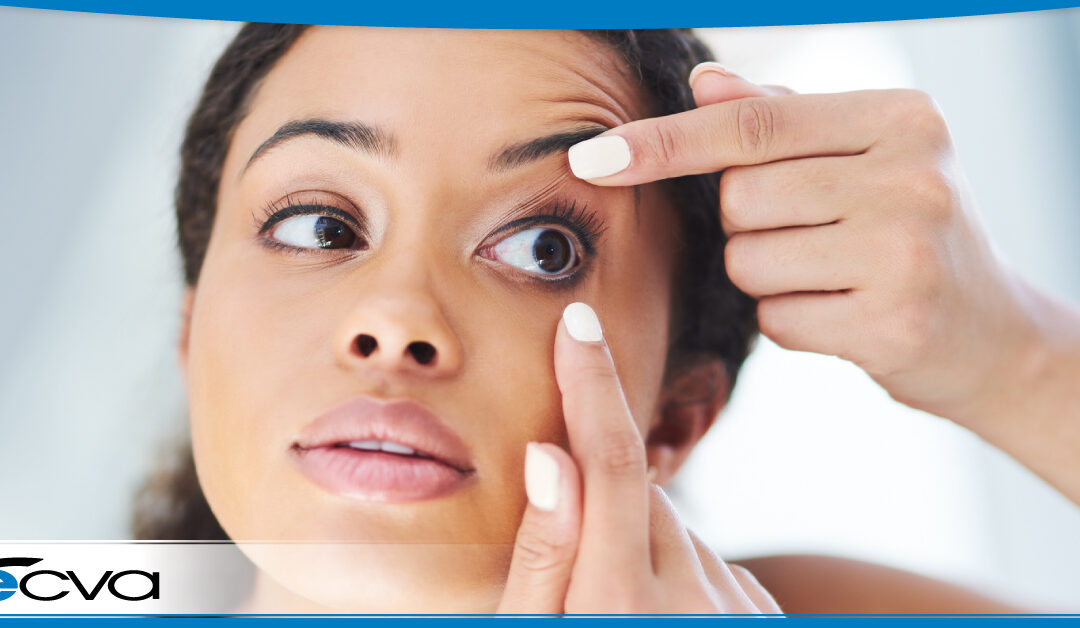When your eye is exposed to harmful microorganisms – such as bacteria, viruses, or fungi – an infection can occur. Both portions of the eyeball and the surrounding tissues can become infected, including the eye’s front surface (cornea) and the moist membrane that lines the inner eyelids and outer eye (conjunctiva).
Eye infections can produce a wide range of symptoms, including redness, pain, swelling, light sensitivity, watering, dryness, itching, vision changes, and discharge. Additionally, while some infections are largely an annoyance, others can be dangerous and might lead to serious damage.
Luckily, it is possible to prevent many eye infections, including conjunctivitis (more commonly known as “pink eye”), ocular herpes, acanthamoeba keratitis, and more. Proper hygiene can be the key to avoiding many infections entirely. If you want to improve yours, here’s how to get started.
Wash Your Hands
Whether you’ve been near someone with an infection or have handled items that may be contaminated, hand washing is often your first line of defense. Some microorganisms can be easily transferred between people or off of objects, including shared items like doorknobs and shopping carts. By washing your hands, you can rid yourself of many of the bacteria, fungi, and viruses that could lead to an infection.
Avoid Touching Your Eyes
Often, to get an eye infection, a microorganism needs to get to your eye. By not touching your eyes unless absolutely necessary (and always washing your hands first) and avoiding excess rubbing, you can decrease your odds of getting an infection.
Don’t Share Cosmetics or Eye Drops
Anything that touches your eye area should not be shared. By not allowing others to use your cosmetics or eye drops and not using those that belong to other people, you can limit your risk of exposure.
Proper Wear and Clean Contact Lenses
Contact lenses can cause infections when not properly worn or cleaned. Make sure you wash your hands before handling your lenses. Additionally, always cleanse and replace your lenses and case according to our ophthalmologist’s or optometrist’s instructions.
It’s also wise to avoid sleeping in your contacts whenever possible. Even lenses that are approved for overnight wear can increase your risk of infection, so remove them before sleeping every chance you get.
Clean Bedding, Towels, and Clothing
By cleaning any material that regularly contacts your face, you can remove microorganisms that could cause an infection. Additionally, if a family member has an eye infection, make sure they don’t share bedding, towels, or clothing with anyone else until the infection is gone to limit the chance of transfer.
By following the tips above, you can reduce your risk of acquiring an eye infection. If you are concerned you may have an eye infection or haven’t had your eyes checked recently, schedule an appointment at your nearest ECVA clinic today. Our skilled ophthalmologists, optometrists, and opticians work to ensure the eye health of all of our patients, including offering treatment options that can help you overcome an eye infection.
TALK WITH ONE OF OUR EYE CARE PROFESSIONALS TODAY!
If you have further questions or would like to schedule an appointment with one of the Ophthalmologists at Eye Care and Vision Associates please call 716.631-EYES (3937) or visit www.ecvaeyecare.com .


